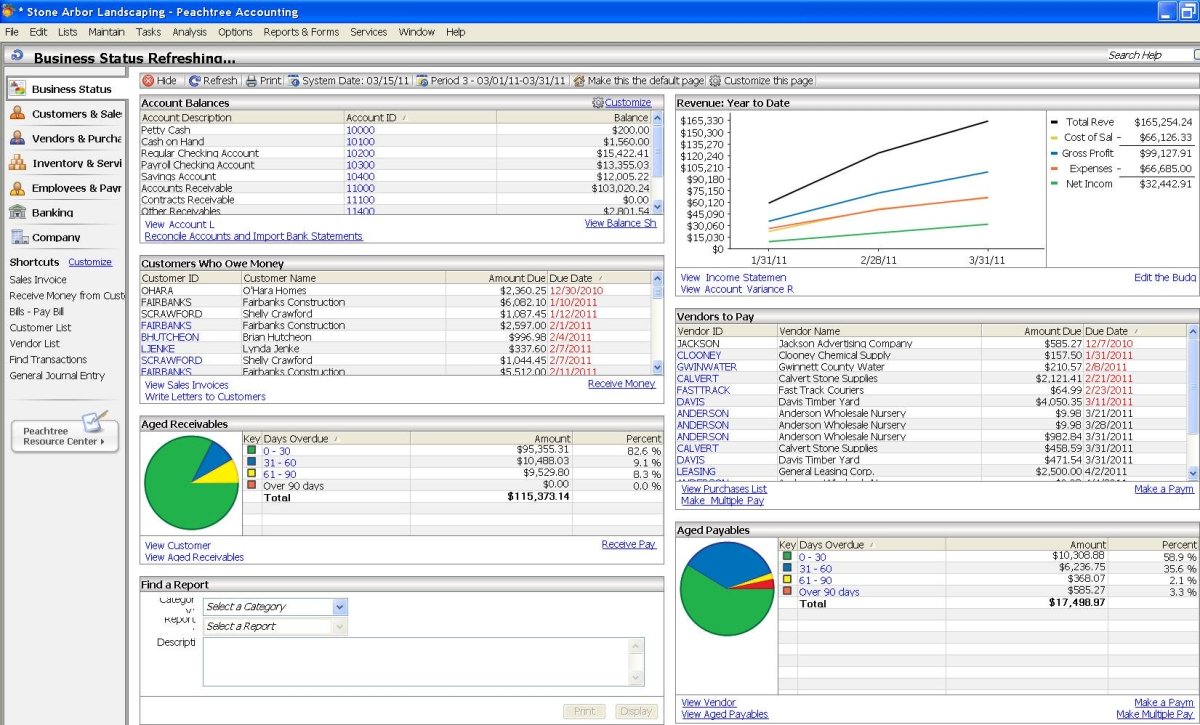Why You Need to Learn Accounting (the Basics, That Is)
The Basics of Accounting
Good accounting is often obtained by hiring good accountants or CPAs and/or having well-placed accounting procedures and systems. Most businessman and company owners stop here, thinking that good CPAs and good systems are all they need. Personally, I think this is a big mistake. As a CPA with my own local bookkeeping practice, I’ve seen clients (mine or other accountant’s) leaving everything related to accounting and taxation to their accountants. They reason out that this is what they are paying for and they can’t be bothered worrying about accounting as they are already busy with their operations. Then come tax season or financial reporting deadlines, they scramble to understand their numbers and their taxes, putting (more) pressure on them and their accountants.

I’ve experienced all these and more. This made me really really appreciate my clients who take the time to talk to (or even debate with) me about their financials. Not that they are accounting graduates or CPAs or even management graduates, but these clients are willing and open to learn and understand the financial reports that they are reading. They are the clients who found out (at a very early stage) that accounting and financial reporting are some of the things they need to learn (or even immerse themselves in) if they want to make a success out of their businesses. This is the reason why I often wish that more people understand accounting, even just the basics. Why? Let me give a few advantages:
You Get to Understand Your Financials. Accountants prepare the financial reports of their clients or their companies. But who’s the ones really responsible for the financial reports? The management, which oftentimes does not include the accountants (we’re just the hired help!), and, ultimately, the Board of Directors of the company. So, if you are a member of the management or the Board, take the time to learn the basics of accounting so that next time you see the financial reports, you at least know what it is you are reading. It’s not all alien-sounding and alien-looking to you. Also, it makes it easier for your accountant and you to talk about the report. Believe me, I’ve been to meetings discussing financial reports wherein I feel that I’m talking in the local language while the management is talking in a foreign language. Not a pleasant experience!
You Get to Analyze Your Numbers. Why did sales increase? Why did our expenses increase? Where did our money go? Why are we losing when our cash is increasing? These are just some of the questions that I’ve encountered throughout these years when my clients’ management sees the financial reports. Of course, I tried to answer them as tactfully as possible. But in my mind, what I would have wanted to reply was “hey, this is your company, shouldn’t you know about this stuff?” In fairness to the management, it has its own idea of profit, cash position, sales and expenses but oftentimes than not, these ideas do not really coincide with the accounting concepts. Knowing a little bit (okay a lot!) of accounting will make it easier for management (and for everybody) to analyze the numbers in the financial reports (with or without the help of the accountants), as these are the ones that go out to the public for their consumption.
You Get to Analyze the Accounting Impact of Your Major Decisions. Let’s face it. Accounting is reactive. We, accountants, only record transactions after they are done. By that time, management’s decisions have already been made and it is already too late to address these decisions in case they have a negative impact on the financials of the company. If the management knows accounting, or at least, keeps in mind that any decisions it makes may have an accounting impact, the management may run some accounting numbers or even consult their accountants (and sometimes, even the external auditors) before going through the transaction. Believe me, I’ve seen some decisions implemented by management that have really negative impact on the company’s numbers. This made the accountants scramble to try to reduce this negative impact. So, have pity on your accountants (and yourselves) and try to look at the accounting side of your decisions first before implementing them.
The above are just some of the advantages I can think of right now. There are some disadvantages, mainly you will have to spend more of your time learning and understanding accounting (which is not really that easy). But in the end, it’s all worth it and your accountants will really appreciate knowing that you know and understand (not to mention appreciate) their work. Just remember, accounting is an integral part of your business and should not be relegated to the sides. As part of the management or as the owner himself (or herself) it is to your advantage to learn the basics of the accounting, especially those that apply to your business or company.

See My Other Hubs
- General Tips for Saving
We've often heard the words - "cash is king". I beg to differ. Cash is not the king, knowing how to handle it is. No matter how much cash a person has, if he/she doesn't know how to handle it, the cash will... - What Do You Do When You Discover Your Employee is Cheating on You
He’s acting strange. He doesn’t meet your stare. There are questions about his work. You dig deeper. What is wrong with your employee? Then you find out. Your employee is cheating on you and has committed... - Simple Ways to Save When You're in Business
Being your own boss in your own business is never easy. You have to worry about everything - staffing, billing and collection, paying suppliers, recording, etc., etc. With the recession we are currently... - My One-Day HR Manager Experience
Okay, first of all, I am not a Human Resource Manager. I am an accountant (for crying out loud!) and I deal with numbers (not people). But this new client of mine (who is from out of town) asked me to... - 10 Ways to Earn Passive Income
What is Passive Income? Passive income is basically what you earn even without actively participating in the earning process. Based on a local financial guru in my country, passive income is the income that we... - My 10 (Alternative) Career Choices
I'm doing a little bit of scenario-setting here. My profile says I'm an accountant (a 12-year CPA, to be exact). Admittedly, my decision to become one was largely influenced by my family (my parents and...









